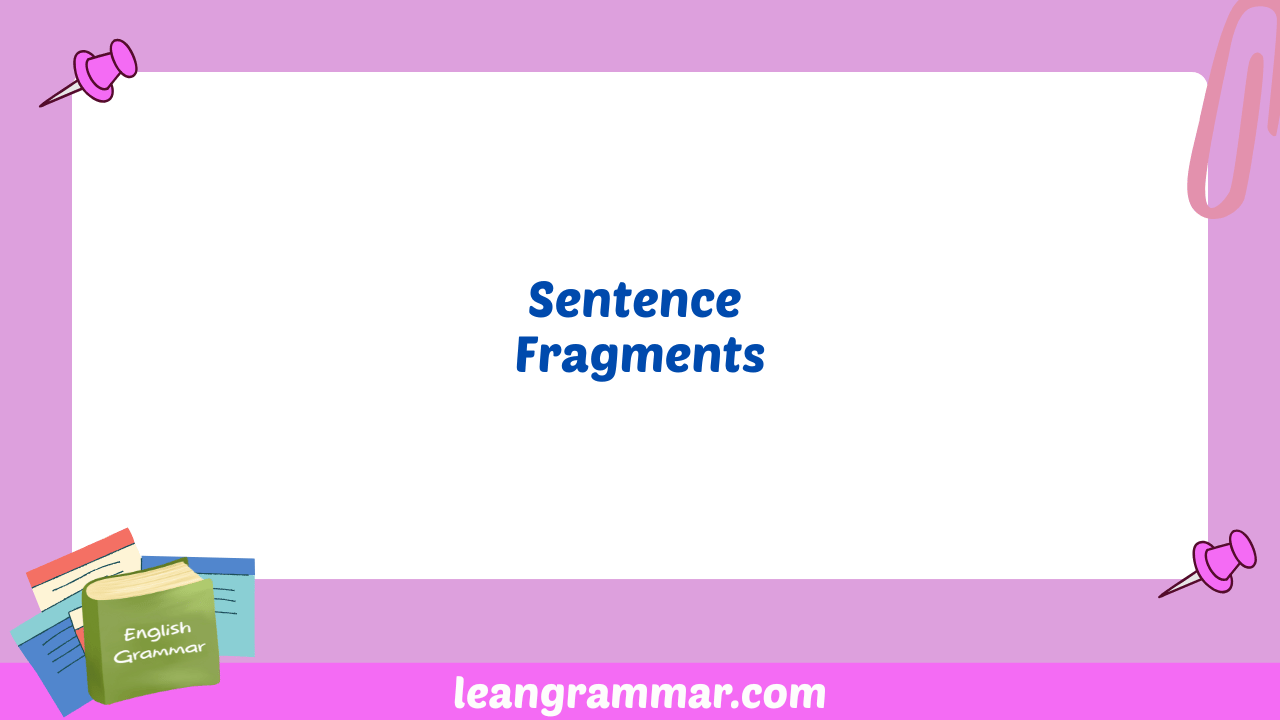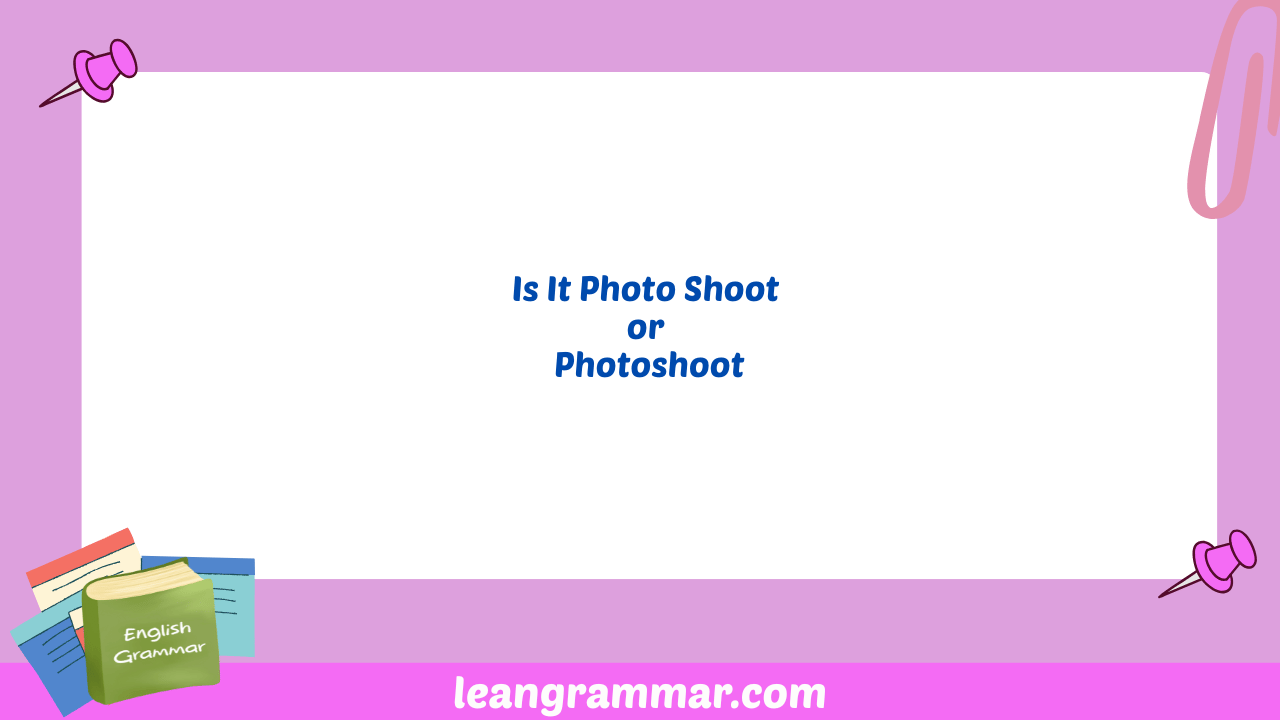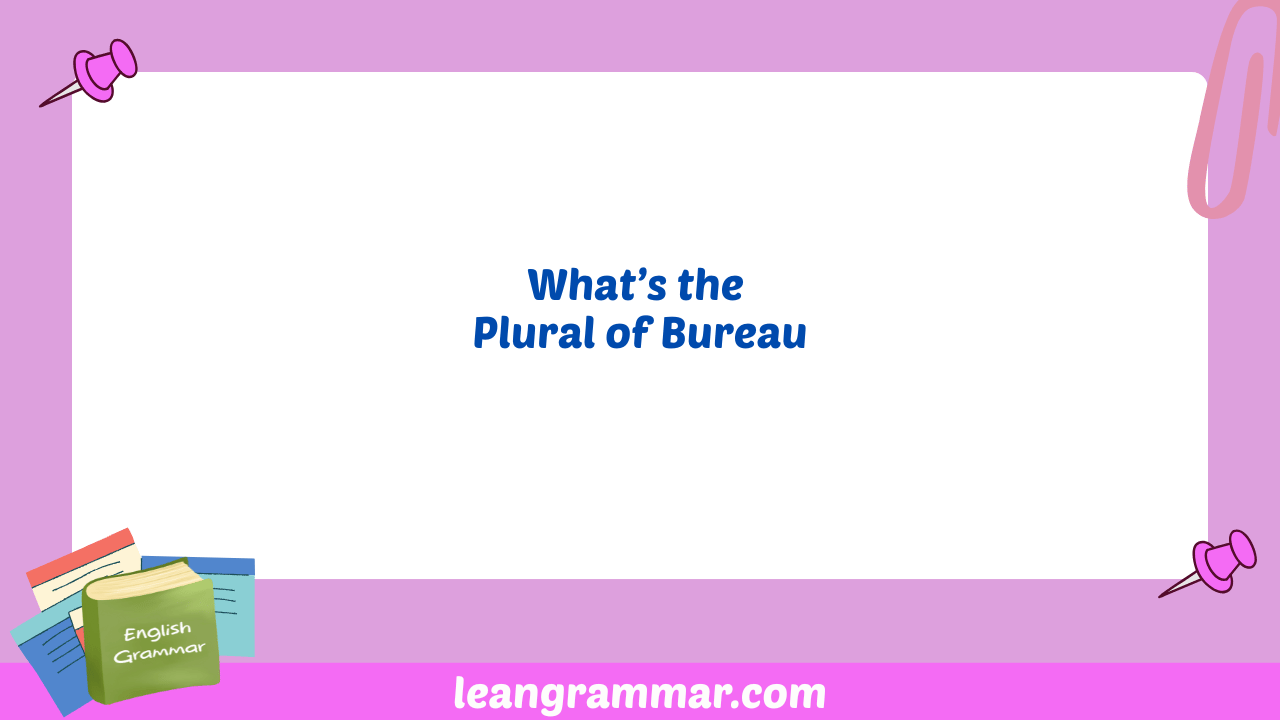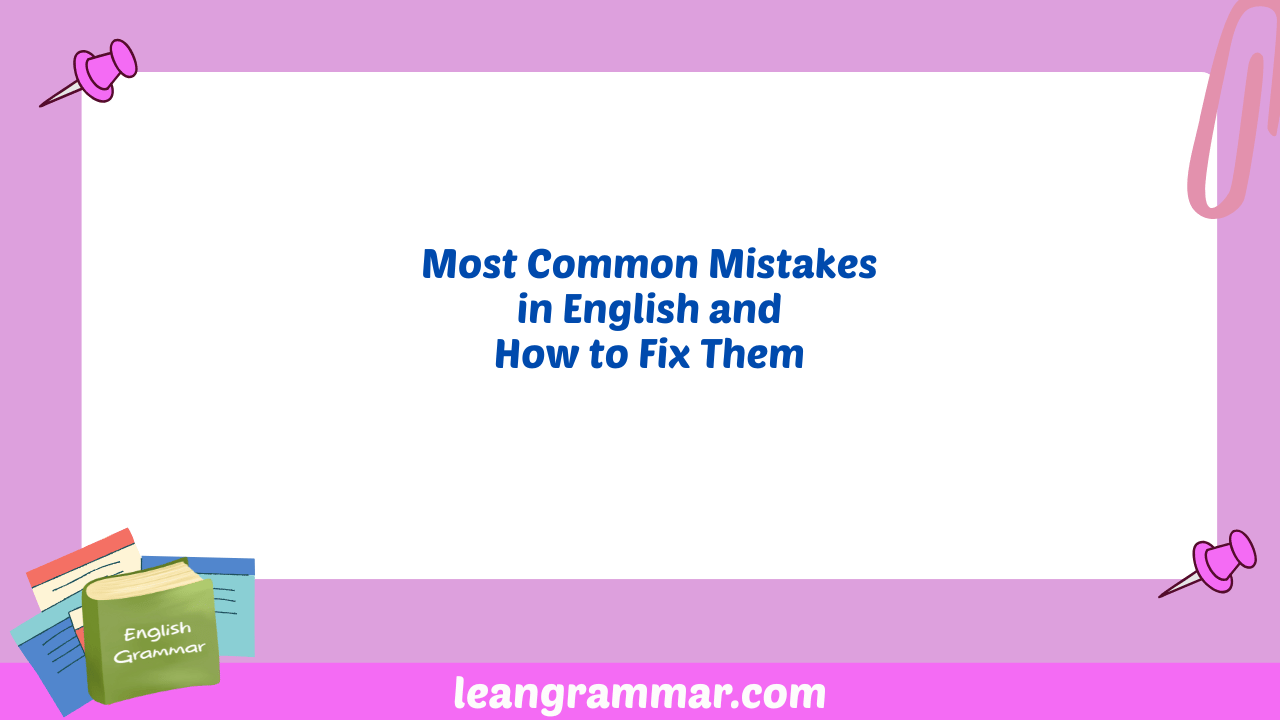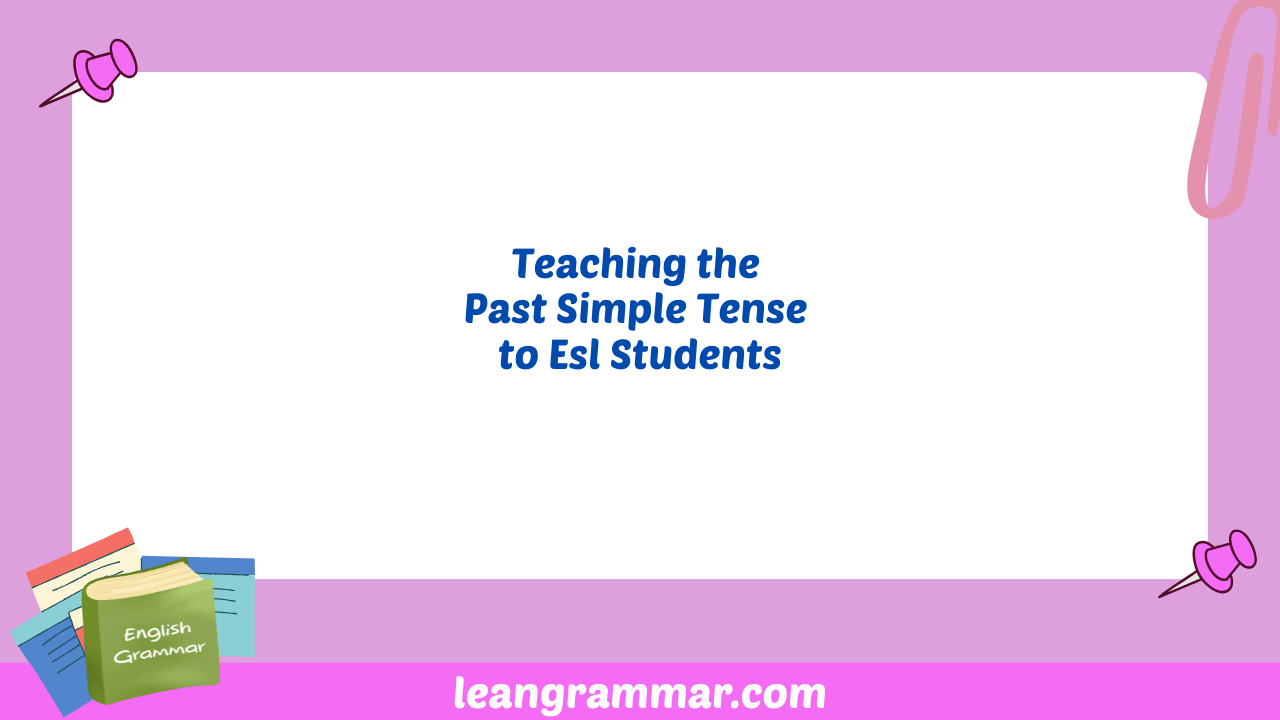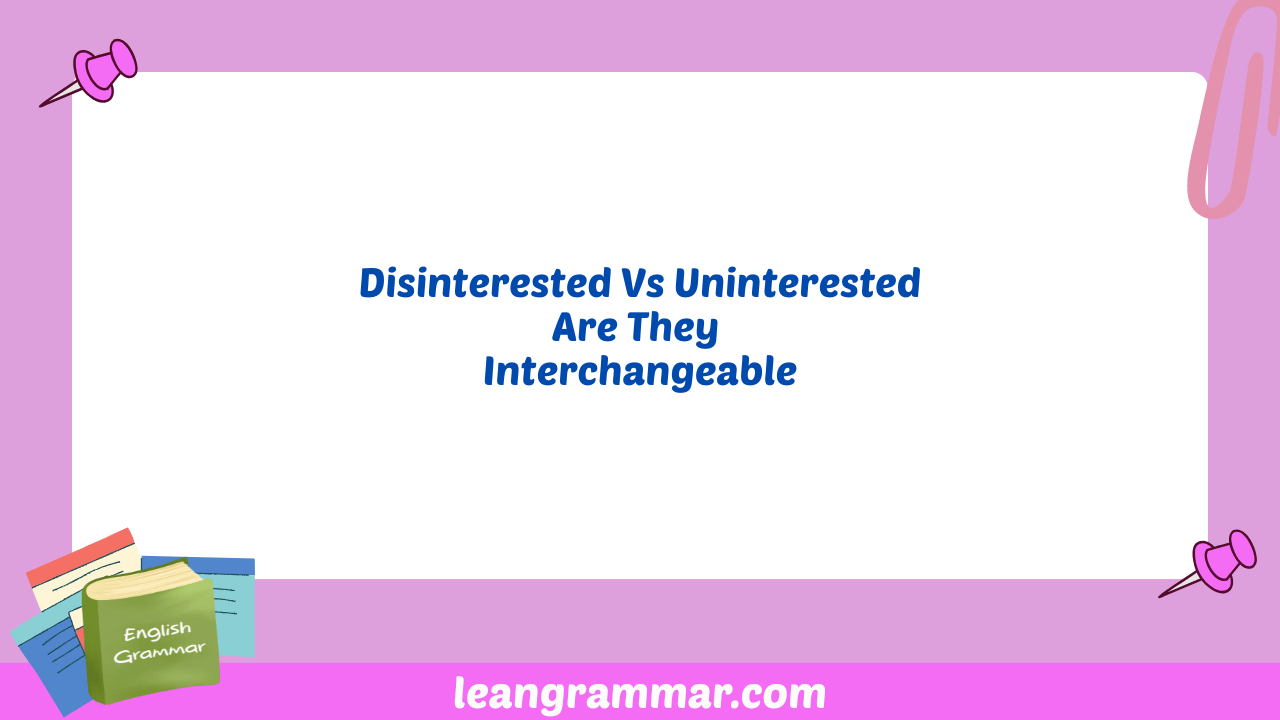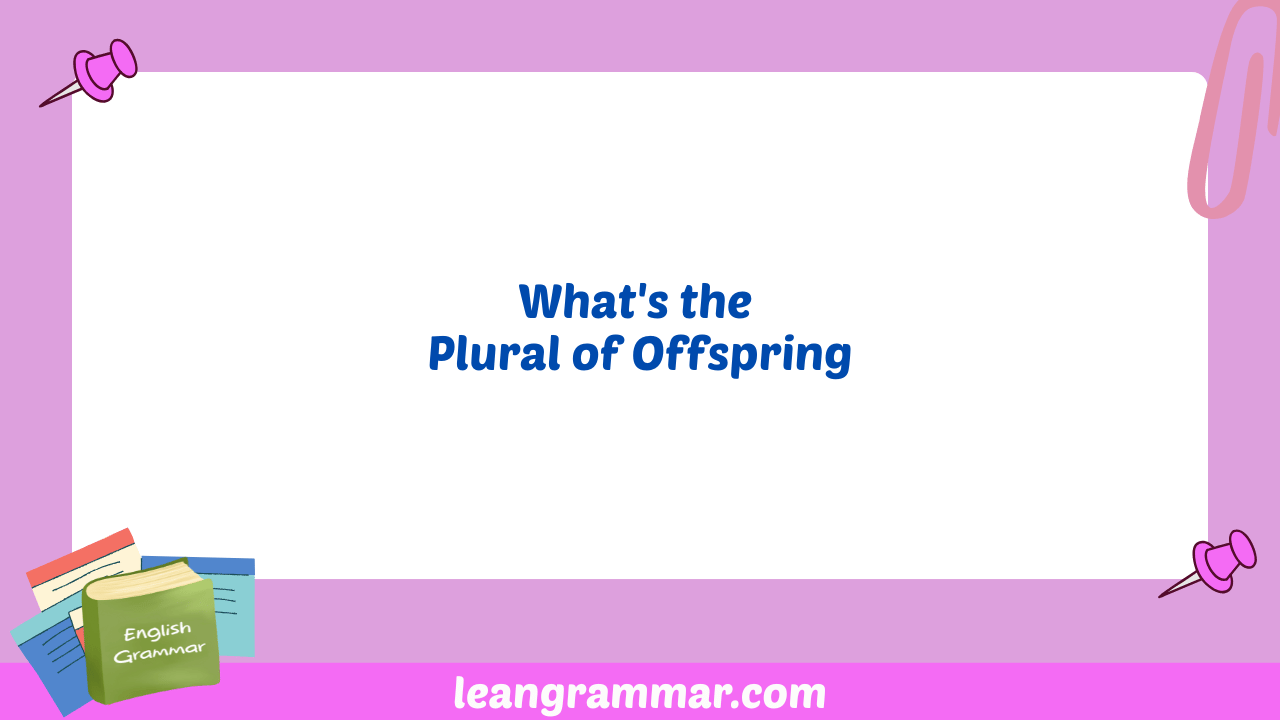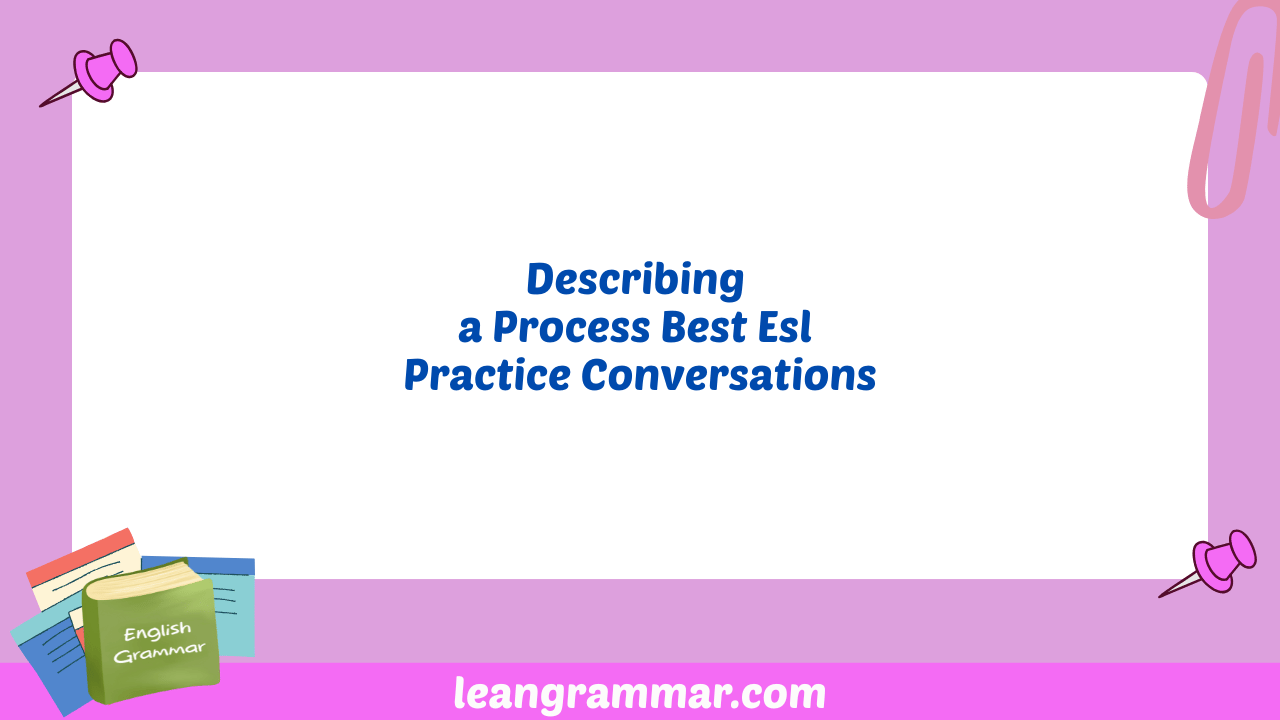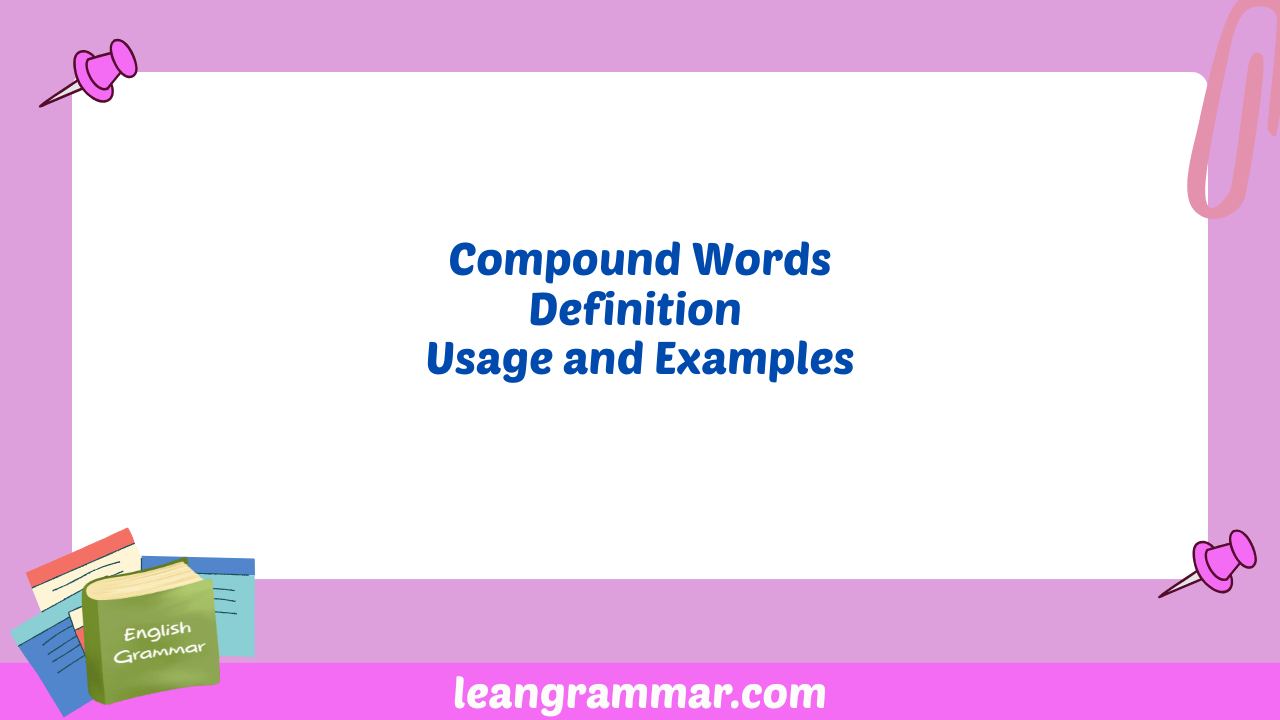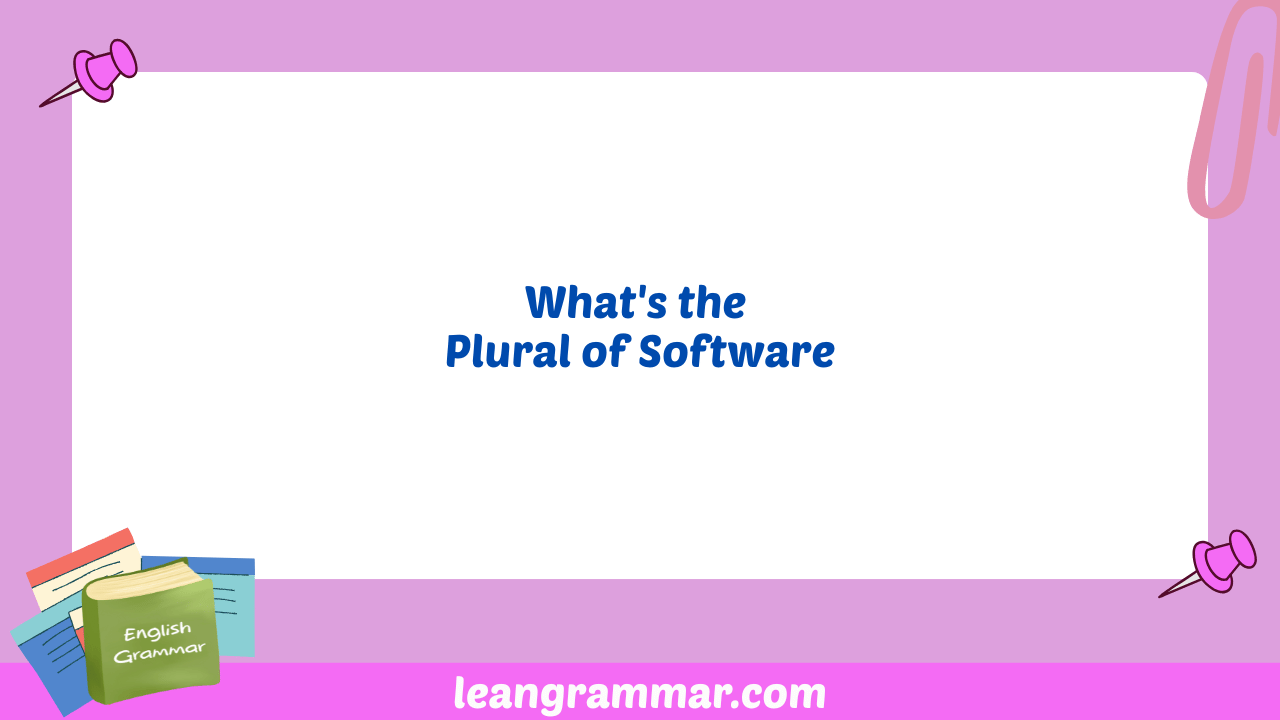Sentence Fragments: Definition, Usage, and Examples
Mastering sentence structure is crucial for clear and effective communication in English. A common pitfall for many learners is the use of sentence fragments. These incomplete sentences can lead to confusion and weaken the impact of your writing. This article provides a comprehensive guide to understanding sentence fragments, how to identify them, and how to … Read more
